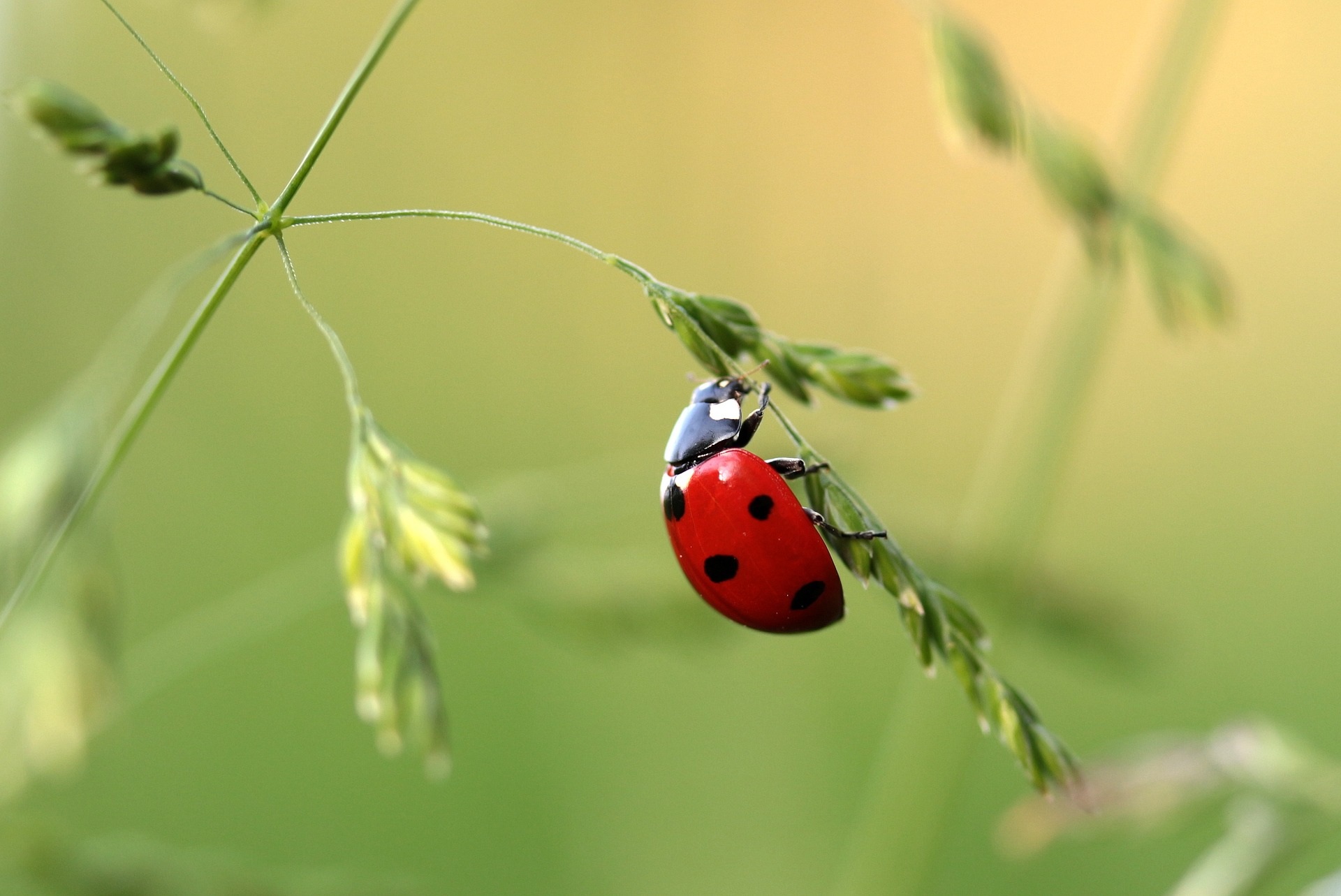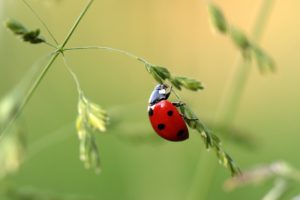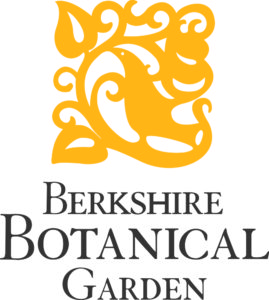Let the Bugs Help You in the Garden!
Encourage predatory insects like ladybugs, which prey on pests commonly seen in vegetable gardens.
By Thomas Christopher
When I was first learning to garden many years ago, we used to divide insects into two classes: “good bugs” and “bad bugs.” The bad bugs were, of course, those that attacked our plants. The good bugs, by contrast, were the predatory insects that preyed upon their plant-eating fellows.
I’ve long since discarded this overly simplistic perspective. The garden is not a war between good and evil, it’s a complex ecosystem that the gardener must strive to keep in balance. And if your plot is overrun with insect pests, it’s a sign that the garden is out of balance. Your immediate response shouldn’t be to reach for a spray. That should be the last resort of the desperate because besides injuring wildlife bystanders such as birds and amphibians, insecticides typically kill predatory insects as well as their targets so that the balance of the ecosystem is further disrupted. As a general policy, it’s far better to counter explosions of the pest populations by making the garden more hospitable to predatory insects. Increase their population and the balance will restore itself.
Who are these predators? They include some familiar insects such as ladybugs and their larvae, both of which are voracious eaters of aphids, scale insects, and mealybugs. Other predators are less familiar but just as beneficial, such as tachinid flies and tiny parasitic wasps, both of which lay their eggs on caterpillars and immature forms of beetles – including Japanese beetles – stink bugs and grasshoppers, among others.
Many of the predatory insects in their adult forms feed primarily on flower nectars and pollen – including their favorite blossoms in your garden – which makes it far more likely that they will call it home.
Adult ladybugs, for example, feed on flowers in the aster family such as coneflowers, coreopsis, sunflowers, and yarrow.
Plants in the carrot family are especially attractive to parasitic wasps and tachinid flies. To attract these predators, interplant caraway, coriander, dill, fennel, and parsley in your vegetable garden and flower beds, and let them go to seed. These flowers are also attractive to adult lacewings, whose larvae are also enthusiastic consumers of aphids, mites, and other small insects.
Flowers from the mustard family are attractive to predators that prey on the pests of such common vegetable crops as broccoli, Brussels sprouts, cabbage, cauliflower, kohlrabi, kale, and mustard greens. Cabbage family flowers to include in your flower garden as predator attractants include basket-of-gold alyssum (Aurinia saxatilis) and sweet alyssum (Lobularia maritima).
A variety of predatory insects feed on flowers of the verbena family. It’s no hardship including these blossoms in your garden, as they include such popular garden subjects as lantana (Lantana camera), tall verbena (Verbena bonariensis), hybrid verbena (Verbena x hybrida), and lilac vervain (Verbena rigida).
Vary your planting schedule so that there are flowers in bloom throughout the growing season. This will ensure that adult predatory insects will always find something on which to feed. Keep in mind, too, that one thing all insect predators need is access to water. A birdbath works well for this, but if you don’t have such a feature in your garden, you can make do by filling a couple of saucers with pebbles, topping them up with water and setting them out near your plantings.
Finally, if a pest population really gets out of hand and you feel compelled to spray, try to use a product that attacks only the pest insect. Bt (Bacillus thuringiensis), for example, a naturally occurring soil bacterium, typically is fatal only to the targeted type of insect and doesn’t affect its predators, other than by robbing them of their prey. At the least, use a product such as insecticidal soap or horticultural oil that kills insects – both pests and predators – on contact but doesn’t leave behind any residual poison that will kill new predators that arrive as replacements.
Thomas Christopher is the co-author of “Garden Revolution” (Timber Press, 2016) and is a volunteer at Berkshire Botanical Garden. berkshirebotanical.org
Be-a-Better-Gardener is a community service of Berkshire Botanical Garden, one of the nation’s oldest botanical gardens in Stockbridge, MA. Its mission to provide knowledge of gardening and the environment through 25 display gardens and a diverse range of classes informs and inspires thousands of students and visitors on horticultural topics every year. Thomas Christopher is the co-author of Garden Revolution (Timber press, 2016) and is a volunteer at Berkshire Botanical Garden. berkshirebotanical.org.




